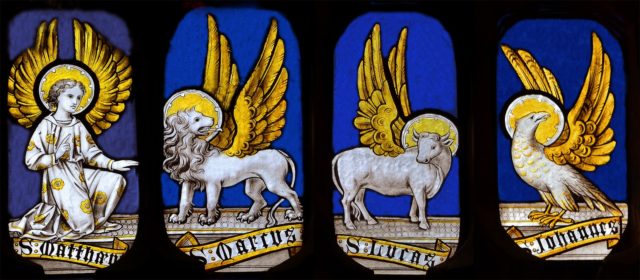Liberal-critical and evangelical-critical scholarship have recently attempted to identify the Gospels with the ancient style of writing known as Greco-Roman biography. The author has already established this position as highly tenuous, reflecting a cycle in New Testament studies that often seeks novelty in interpretation (cf. Acts 17:21, καινότερον—“new,” “unique,” “novel”). A close examination of the nascent church fathers, especially as found in the first great church historian, Eusebius, reveals that the early church decidedly rejected the Greco-Roman historiographic tradition. Prominent early fathers deprecated the quality of historians like Thucydides and Plutarch who are now identified with the Gospel tradition in New Testament scholarship. Instead, the early fathers identified the historiography of the Gospels with the Hebrew tradition as evidenced in the Old Testament, reflecting the historical genre of Old Testament promise, now seeing the fulfilment of those promises. They also affirmed the absolute trustworthiness and accuracy of the canonical Gospels as produced of the Holy Spirit of Truth. Once again, critical scholarship, being influenced by the Enlightenment, has chosen to disregard the voice of the early church as the nature of the Gospels.
by Dr. F. David Farnell Professor of New Testament at The Master’s Seminary Are the gospels reliable? The answer to this question is an unqualified, firm YES! The gospels are the very unique treasure bequeathed as an enduring testimony from the first-century church to the rest of mankind leaving an unfailing historical record that God loved the whole world and demonstrated His love by sending his Son to save mankind from...
Dr. Farnell responds to the statements made by Dr. Craig Evans and Dr. Bart Ehrman which cast doubt upon the historical reliability of John’s gospel, doubts about the Apostle John being the author of the Gospel account of John, and doubts about whether Jesus actually voiced the “I AM …” statements as reported in the gospel of John.
On the heels of the 500th year anniversary of the Reformation, a renown evangelical seminary is showing evidence of departure from the gains of the Reformation.
On September 6, 2017 Robert Thomas went home to be with the Lord. Thomas was an ardent defender of the integrity and inerrancy of the Word of God.



















